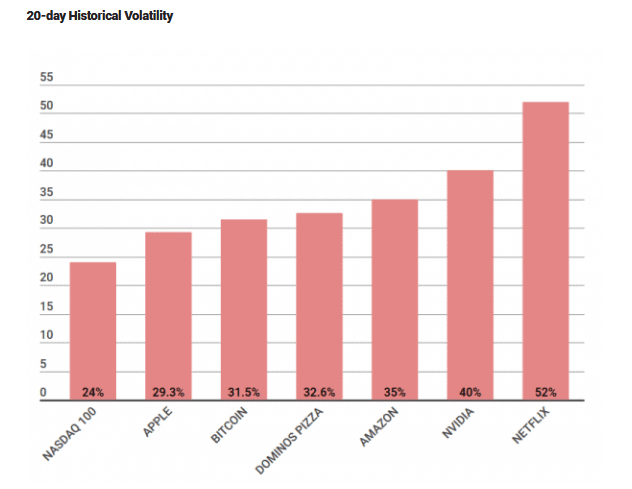Join Our Telegram channel to stay up to date on breaking news coverage
SC Johnson, a U.S.-based manufacturer of household cleaning supplies, has partnered with Plastic Bank to help increase recycling rates and tackle poverty in Indonesia.
The non-profit uses a cryptocurrency token system to pay people for handing over recyclable plastic in order to address the global crisis of ocean plastic.
Plastic Bank Fights Pollution and Poverty with Tokens in Exchange for Plastic Scheme
Plastic Bank was founded in 2013 to fight plastic waste leaking into the ocean.
A report by McKinsey and Ocean Conservancy, found that China, Indonesia, the Philippines, Vietnam, and Thailand accounted for more than 55 percent in 2014. The non-profit aims to raise collection rates to about 80 percent across those five countries to reduce leakage by approximately 23 percent.
The mission in Indonesia will include opening eight recycling centers together with SC Johnson, where local waste collectors can bring plastic and exchange it for digital tokens, which can be used to buy goods and services. Fisk Johnson, chair and CEO of SC Johnson applauded the use of distributed ledger technology in defense of the environment.
“We want to help recover plastic equal to the amount we put into the world, through innovative recycling and recovery programs. In this way we can neutralize our environmental impact and, at the same time, do some good in communities that have excessive plastic pollution.”
Indonesia has the world’s highest levels of marine biodiversity. The government pledged up to $1 billion per year to reduce pollution in its waters, aiming at a 70 percent reduction in marine waste by 2025. The Plastic Bank program could also improve the financial lives of the people of the country, where nearly 28 million live below the poverty line.
Plastic collectors are rewarded with premiums called Plastic Bank Rewards, which are distributed and authenticated through the blockchain-powered Plastic Bank app. The plastic collected is then sorted, recycled, and sold to “forward-thinking brands to use in their manufacturing instead of new plastics”, the company said, adding that its goal is to provide large-scale sustainable premiums in every recycling community around the world.
The distributed ledger system was developed together with IBM and IBM customer Cognition Foundry. Plastic Bank uses a cryptocurrency token reward system in order to avoid the danger and mistrust involved in using a cash-based system. The transparency blockchain provides is also a plus for investors.
The non-profit plans to add analytics capabilities to the blockchain-powered app as a tool to help recycling centers better manage their business. IBM cognitive technology might also be used to help identify different types of plastic and provide more reward for highly valued types.
Featured image from Shutterstock.
The post Plastic Bank to Tackle Pollution and Poverty in Indonesia with Crypto appeared first on NewsBTC.
Join Our Telegram channel to stay up to date on breaking news coverage
